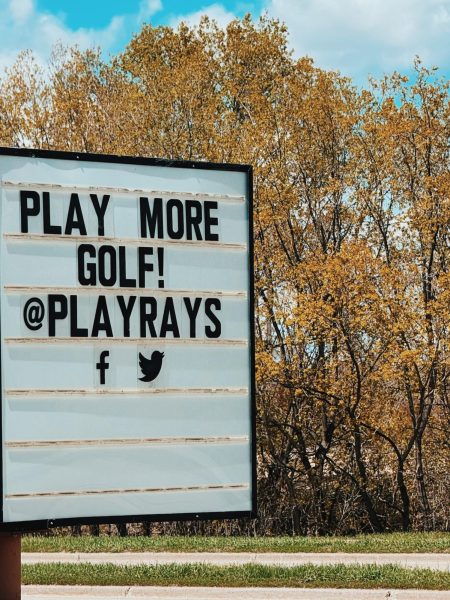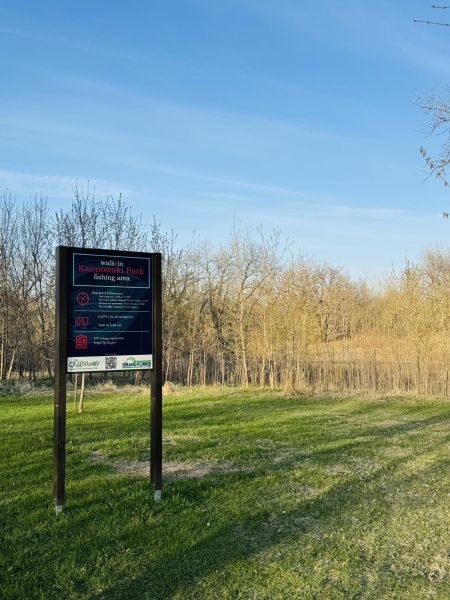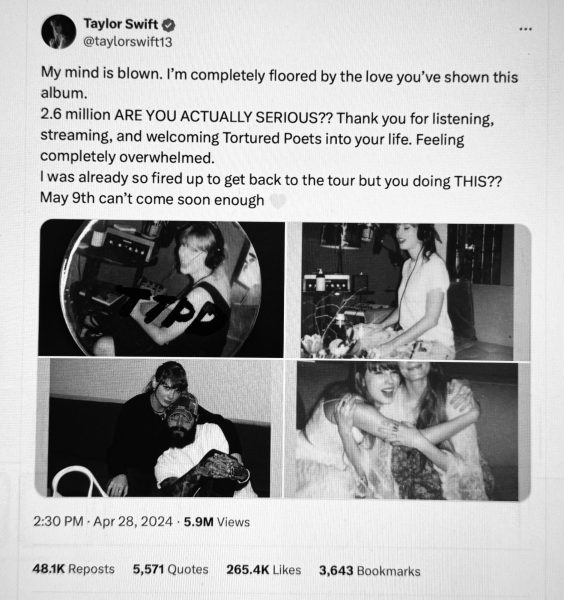How North Dakota went against Trump without voting
If you are astounded and disappointed by Donald Trump’s ideas and his front-runner status, you can say you’re on the #NeverTrump movement, which has sparked unity on Twitter to elect literally anyone other than “the Donald.”
In a turn of events this month, Trump lost almost all delegates in Colorado, Wyoming and North Dakota. These states all held conventions where candidates aimed to win support of unpledged delegates, who are unbound to a candidate until the Republican National Convention in mid July. Colorado, Wyoming and North Dakota are the only U.S. states to not hold a primary or caucus for the Republican party. The other conventions presided in the territories of Guam, American Samoa and the District of Columbia.
Like in his 34 delegate sweep of Colorado, Ted Cruz won the support of the majority of delegates up for grabs in North Dakota, proving that inexperience with the political process can be costly for Trump.
Although Trump won a straw poll in March conducted by Republican congressman Kevin Cramer, the process came down to the Republican convention in Fargo, which typically favors established, well-organized campaigns. Trump’s newcomer status and inexperience with the Republican party likely hurt his efforts, despite a Cramer endorsement.
State conventions largely go uncovered by the media and many folks are unfamiliar with the process. All who attended the convention on April 1 had to be registered Republicans. During the first two days of the three-day convention, a permanent committee reviewed 105 candidates and voted on 25 new delegates to join the other three state delegates.
The roughly 2,000 attendees voted to confirm those delegates or nominate one of 80 candidates that the committee had recommended. These delegates then were free to select either Cruz, Trump or John Kasich. Although Cruz grabbed the support of 18 out of 25 delegates here in North Dakota and 34 in Colorado, the delegates are not bound to stay with their candidate until the Republican National Convention, which takes place in Cleveland, Ohio in July.
Originally, Ben Carson and Trump were the two early favorites among Republicans in North Dakota, suggesting some voters and students might feel disenfranchised by a process that does not even allow them to vote for a candidate.
Others feel that voting arrangements in many states are too restricting and don’t truly allow democracy to fulfill the people’s wishes, except in open primaries where Democrats and Republicans alike can vote in either election.
“The delegates can put whatever they want; they’re not obligated to vote with their constituents. I think that’s asinine,” said UND biology major Tyler Goeser, referring to the state conventions that concede the popular vote to party insiders and elites.
Others feel that democracy is being undermined through both major parties’ unpledged super delegates that have awarded Hillary Clinton numerous delegate victories without winning the popular vote in the state.
“It’s disheartening to see Bernie lose the delegate count when he has won the popular vote. It’s like if you work hard to build something and someone comes along and knocks it down,” said Shawn Larson, a communications major who’s feeling disenfranchised from the voting process.
North Dakota’s support of Cruz, despite a favoring of Trump, shows a distance from the democracy that normally thrives during the primary season.
Zach Flaten is a columnist for The Dakota Student. He can be reached at [email protected]











